The SEO Industry’s Compliance Problem
By Juan Preuyt, Founder of New Perspective Design
Let’s just call it what it is.
When ChatGPT and other AI models came along and people started searching the web with them, Google went into crisis mode. They knew there was — and still is — an existential threat to their search engine.
So they went all in.
How do I know this?
Because in the last few months, I’ve started getting more traffic from ChatGPT and Perplexity than Bing — something that hasn’t happened in over three years. It’s not a blip. It’s a shift.
People love simple, clean answers — no spam, no ads, just useful info in a conversational way. And Even though I personally think AI-driven features are overrated, Google’s response has been to try and replicate the LLM experience themselves.
Basically: scrape our content using the same bots, process it through their own large language model, paraphrase the hell out of it, and stick it at the top of the SERPs. Boom — “AI” Overviews. It’s just an upgraded Featured Snippet, dressed up to look like innovation.
But it works.
And I’ve already heard people say, “Ask ChatGPT” instead of “Google it.”
You know that has to hit hard for them.
Google’s AI Overviews Aren’t Just a Feature Anymore
They’re a system-level shift — one that’s reshaping the web without consent, negotiation, or even much discussion from the very people it affects.
What’s worse is how easily we’ve fallen in line.
We’re watching the biggest structural change to organic search since the birth of the algorithm — and the loudest voices in SEO are busy writing playbooks on how to comply.
- “How to optimize for AI Overviews.”
- “How to make your content more answerable.”
- “How to play nicely with the machine that’s gutting your traffic.”
Google counted on this.
Not a fight. Not pushback.
Just quiet compliance in exchange for scraps.
This Isn’t Just AI. It’s Platform Consolidation at Scale.
Let’s zoom out.
AI Overviews are just the next move in a pattern Google’s been executing for years — and if you’ve been paying attention, none of this is new.
| Industry | Then | Now |
|---|---|---|
| Hotels | Bookings went to hotel websites | Book directly via Google Hotels |
| Flights | Click to airline sites | Stay on Google Flights |
| Products | Visit eCommerce stores | Buy via Google Shopping |
| Local Services | Visit business websites | Call/message via Google Maps |
| Content | Blogs answer questions | AI Overviews summarize in place |
It’s a slow, deliberate swallowing of the open web — the web we created.
Google used to be the index. Now it’s the destination. The question starts and ends with them.
And when I saw AI Overviews start covering service-based businesses, that’s when it clicked: they’re going for the kill this time. That was one of the last untouched corners of free web discovery.
With every search, Google is trying to keep the user on their platform — where they can serve ads, get data, and control the narrative. Organic traffic is being pushed out. Ads are becoming the only real doorway to websites.
And that’s great for their pockets.
They’re Building a System Where Websites Are Just Source Material
Let’s be real: Google doesn’t want to send traffic anymore.
It wants to consume your content, summarize it, and monetize the interaction — without ever sending the user to you.
Unless, of course, you’re willing to pay.
We know this because:
- AI Overviews answer questions without linking back in a meaningful way.
- If you are cited, it’s a tiny icon, hidden behind a dropdown.
- The click path to your actual website? Sometimes four steps deep.
That’s not bad UX. That’s deliberate containment.
And now they’re putting ads inside AI Overviews — meaning:
- We write the content
- Google paraphrases it
- Google gets the traffic
- Google gets paid
But here’s the kicker: you can bet when those ads go live, they’ll be one click. You’ll answer the question. The ad will get the traffic.
Google Doesn’t Need All of Us. Just Enough of Us.
You might say: “Well, they still need content, right?”
Sure. For now.
But they’re already hedging.
They paid $60 million to license Reddit’s content. Why?
Because Reddit has scale, community, and the kind of raw, useful, human content that feeds AI models.
They don’t need 100,000 bloggers anymore.
They just need a few big players.
What happens when your site is no longer needed as a source?
- Do you get traffic? No.
- Do you get paid? No.
- Do you even show up? Barely.
If you think that’s extreme, ask yourself this:
Why would Google pay Reddit, but not pay the rest of us?
It’s not about fairness.
It’s about control.
The SEO Industry Is Sleepwalking Through a Structural Collapse
The scariest part isn’t even what Google’s doing.
It’s how our industry is reacting.
- Big SEO names aren’t pushing back.
- They’re giving talks.
- Writing guides.
- Building plugins.
- Selling AI Overview optimization services.
It’s like everyone’s racing to be the first one thrown under the bus — as long as they can charge a consulting fee before they hit the ground.
Let’s stop pretending this is agility.
It’s not.
It’s institutionalized compliance.
We’re optimizing for the system that’s removing us from the equation — and calling it strategy. Most of their SEO advice was still surface level why trust them now.
What’s at Stake Is Bigger Than Traffic
If this continues, the web becomes a simulation of itself.
Content is written not to be found — but to train a machine.
Sites aren’t destinations. They’re just source material.
Writers become training data. Not experts. Not creators. Just fuel.
That’s not just bad for SEOs.
That’s bad for:
- Users
- Trust
- Nuance
- Actual discovery
And ironically?
It’s bad for Google too.
Because when creators stop creating, what’s left to summarize?
What We Should Be Talking About
Not “how do I get featured in AI Overviews?”
Not “how do I structure my answers better?”
The real questions are:
- How do we negotiate visibility in an AI-dominated ecosystem?
- Why isn’t attribution visible and clickable by default?
- What would fair rev-share or licensing models look like?
- Why is there no opt-out for summarization?
- What happens to the web if this trend continues?
If YouTube creators get paid…
If Reddit gets paid…
Why don’t we?
The old deal was simple:
We create content. You send traffic.
It was unwritten, but it worked.
Google has been slowly eroding that deal — through rich snippets, knowledge panels, and now AI Overviews.
This Isn’t a Rant. It’s a Reframe.
We’re not just SEOs, marketers, or designers.
We’re the ones who made the web useful. We build we maintain we optimize, but for who now?
We’ve helped businesses grow. We’ve helped users solve problems.
We’ve made the internet a place where information lives — not just gets generated.
Now, that web is being rewritten — without us.
And we’re not pushing back.
We’re optimizing.
If we keep playing along, we’re not just losing traffic.
We’re optimizing ourselves out of relevance.
And by the time we realize it, it’ll be too late to rebuild what we gave away.




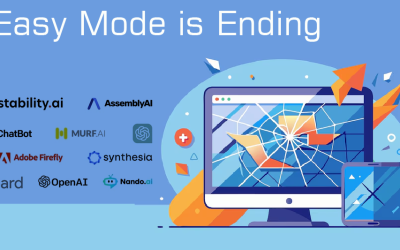
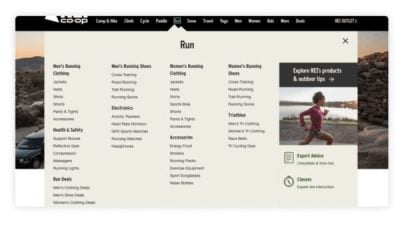
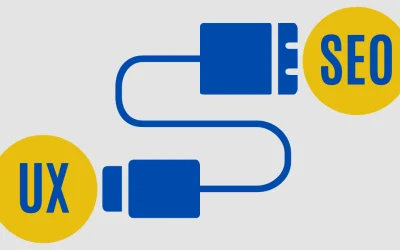
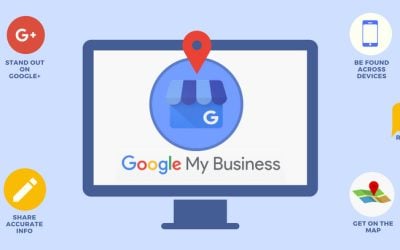
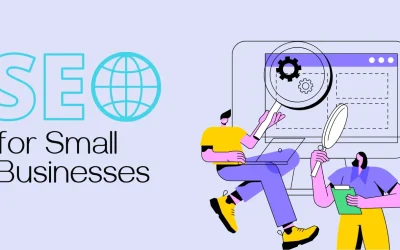

0 Comments